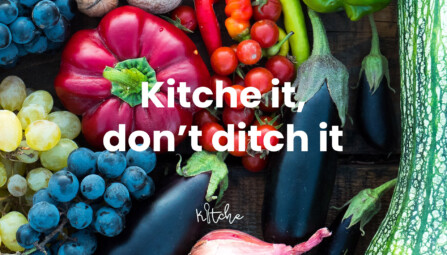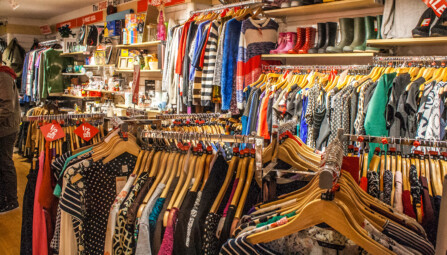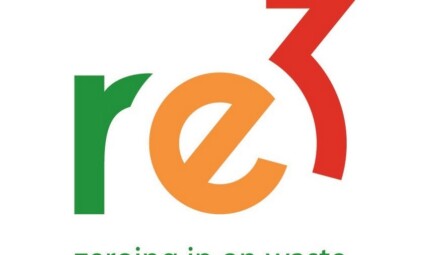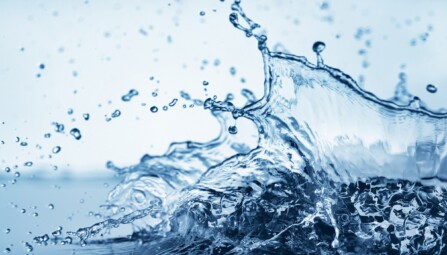RESOURCES THEME ACTION PLAN
Most people around the world now live in urban areas with towns and cities being the major drivers of carbon emissions. But cities and towns, like Reading, are also where people meet, mingle and innovate, and are therefore central to developing positive responses to climate change.
Resources, consumption and climate change
Whether it’s a car or a sandwich, everything we buy, consume and discard has a carbon footprint. This may be direct, for example the energy used by electrical appliances, or indirect, such as the energy consumed in mining raw materials, shipping parts and products, fuelling production and processing items discarded as waste. At the other end of a product’s life, direct carbon impacts include the energy used to collect, transport and process waste or greenhouse gases released by the decomposition of biodegradable waste in landfill sites, while indirect carbon impacts include the need to mine more scarce virgin materials.
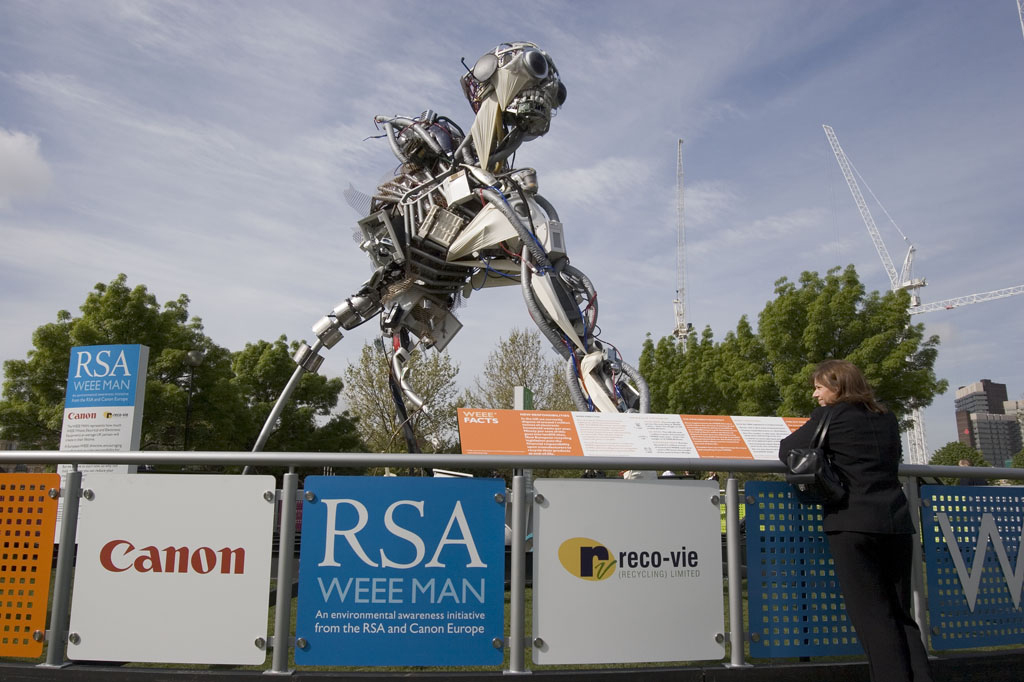
In our consumer society, we have become accustomed to buying whatever we need, whenever we want it, and discarding or replacing it on a whim. These patterns of consumption are well established and deeply embedded into society; indeed, our entire economic model relies on them. At the same time the consequences of unbridled consumerism are becoming increasingly difficult to ignore. There is plenty of very visible evidence of how the products we consume, and the way we use and discard them, cause deforestation, habitat destruction, pollution and increased emissions.
The COVID-19 pandemic has also influenced our waste habits for better and for worse: it was reported that, as people were taking time to pre-plan shopping and be more creative with ingredients, food waste dropped during the lockdown16. But the need to wear masks in public and concerns about hygiene also led to a resurgence in single-use products and associated litter.
So, the question for this theme is what can we do now to ensure that succeeding generations have the opportunity to live well whilst using fewer scarce resources and creating less waste?
Progress to date
- Reading, through its Re3 partnership, has developed excellent facilities for recycling plastic, paper, card, metals and glass. Recycling is, however, well below the national average and too many recycling bins are diverted to general waste due to contamination
- Collection infrastructure is being improved so that people are encouraged to recycle more with domestic food waste collections to start in 2021
- Reading has reduced the proportion of domestic waste which is sent to landfill to 17% (April-Sept 2020 figures) and a large proportion of domestic general waste is incinerated with energy captured to generate electricity
- Refill Reading was launched by Transition Town Reading in 2016 to help independent shops overcome the costs of a reusable cup scheme and has since been expanded
- In 2019 Caversham became the first community in Reading to start working towards Surfers Against Sewage Plastic Free Community accreditation
- In 2019 Reading Borough Council passed a motion committing the Council to eliminate wherever possible single use plastic from Council premises and commissioned services17.

Priorities on the pathway to net zero
The top priorities for the resources theme over the coming five years are:
- To reduce the amount we throw away, including by encouraging more initiatives that offer people the option to rent, share and reuse as alternatives to single-use and disposability
- To recycle more of what we discard, using the infrastructure that already exists and making targeted interventions to reduce contamination and address gaps in provision
- To strategically identify products and systems that can be redesigned to make it easier to keep materials circulating at their highest value – developing Reading’s ‘circular economy’
The long-term goal is for Reading to become a ‘zero waste’, circular economy. To achieve near ‘zero waste’ to landfill or incineration, it is necessary to establish markets based on the value of materials that would otherwise be considered as waste. If we cannot reduce or reuse materials before they become waste, the first step is to get better at separating what can be recycled. As well as a continued focus on moving towards zero waste in the household collection waste stream, attention also needs to be given to commercial waste, including construction and other industrial processes.
Even after reducing waste and getting better at reusing and recycling what is left, there will still be some residual waste. The challenge then becomes to redesign the systems of production and use to avoid these materials reaching the waste stream. For all materials, the aim has to be to keep them circulating for as long as possible at the highest possible quality and value. Applying this principle opens up innovations like peer-to-peer lending and sharing, as well as repair and reuse.
The action plan includes three strands that focus on experimenting at a system level, with actions designed to support behaviour change. These are chosen as iconic, high profile initiatives that have the potential to inspire and galvanise wider engagement.
- Plastic Free Reading: with the support of the Council and businesses there is an opportunity to encourage others to follow Caversham’s lead in working towards plastic-free community status, possibly leading to Plastic Free Reading accreditation for the town as a whole
- Climate friendly food: food is estimated to account for around 20% of UK emissions. Food waste needs to be minimised and food waste residues returned to the soil locally where possible. Eating local, seasonal produce will reduce emissions from production and transport. And there is growing recognition that moving to a more plant-based diet can both reduce emissions and improve health. While it is beyond the remit of this action plan to dictate what people eat, we can support and enable people to make informed choices about diet
- Zero Waste Festivals: a growing number of festivals have made sustainability a central principle. Fields of abandoned tents stick in the public memory but there is much good practice within Reading’s wide range of festivals. We plan to work with local festival organisers to explore opportunities to reduce waste. Reading Festival has already set itself the target of ending the sale of single-use plastic at its festival by 2021. But we are inviting them to go further and set a goal to become zero waste within five years. The aspiration of this theme is for Reading to become known as a town that champions zero waste at festivals
Underpinning this theme is the need for effective engagement and communication. The action plan therefore includes a number of initiatives that focus on the provision of information, education and skills to support people to make informed and responsible purchasing and consumption choices.
Key adaptation issues for production, consumption and waste
Historic carbon emissions are already having an effect on our climate. For Reading this means adapting to the possibility of disruption to global supply chains, with the manufacture and supply of food, clothes and electronic equipment particularly exposed. The best way to increase our resilience to these impacts is to move away from the ‘take-make-waste’ approach to production and towards a more circular one, where resources are valued and circulated for as long as possible. There are also opportunities for innovation and business growth, with recognised growth in an “adaptation economy” in the UK and worldwide, as new products and services come to market in response to adaptation-related opportunities.
Resources Theme Action Plan: our aim for 2025 is that Reading is on track to become a zero waste town by 2030, is actively innovating to find new ways of using resources more efficiently and thereby minimising our contribution to climate change. To facilitate this transition, by 2025 it is easy for everybody to access information and services to help them find ways to reduce waste and repurpose things they no longer need.

